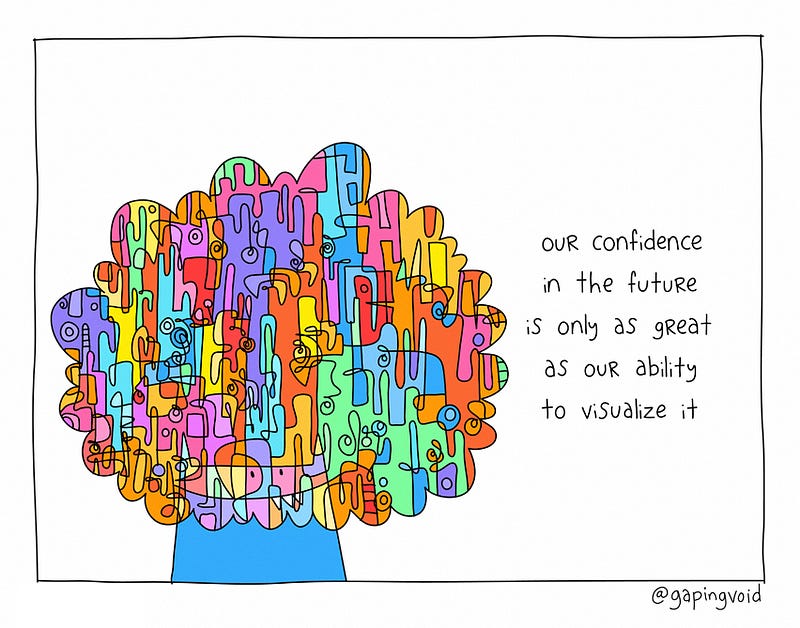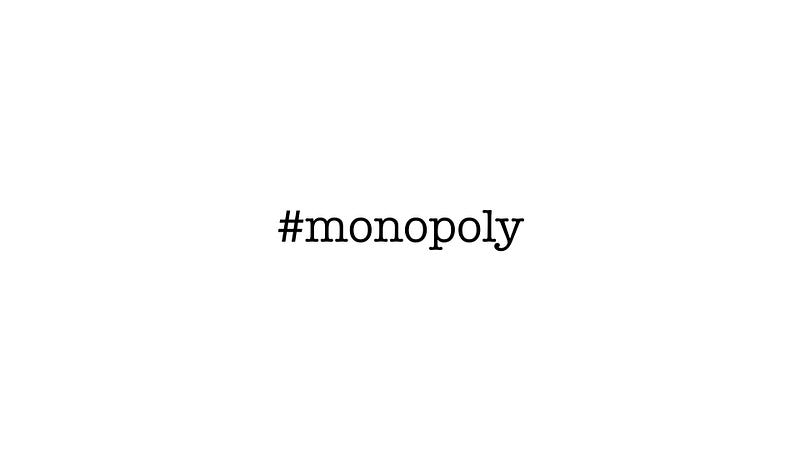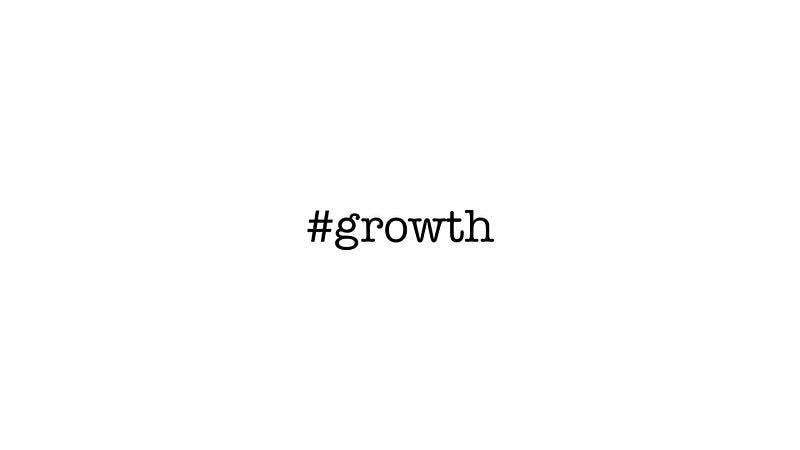
Well that depends on the eye of the beholder, the person who just was trolled, spammed, hacked or they had their private data stolen, because they trusted Facebook or Google or Twitter or Tumblr or Instagram and all of the others who exist and don’t exist yet.
When you have a service, which is free to the user and the prime objective is to get as many eyeballs as possible on the platform, so they can parade it in front of advertisers, you have just created a toxic recipe for disaster.
Why?
Because now the same platform that has billions of users, becomes very attractive to governments at large. Ever wondered why not one single government in the world has taken any serious action against Facebook? Because they all want access to the public data. I have sat through presentations where cyber security professionals can walk all over Facebook in nano-seconds and deliver the kind of intelligence on people they would have only dreamt of years ago. Mark Zuckerberg will be loved and hated always.
Loved because now criminals and charities can get in front of millions. Loved because governments are able to manipulate audiences. Brexit and Trump come to mind and they are the ones that grab the headlines.
If you believe that Facebook can police the millions of users that create bad stuff, the so-called bad actors, think again and again and again. They may tell us they have employed thousands of employees staring at screens, trying to catch the bad actors.
What’s the solution Michael?
It’s so simple, you will be amazed why it has never been done before.
Verification!
Instead of spending millions on having people stare at screens, trying to catch bad people in the act, good luck with that, have them spend the time verifying every single user, whether existing or new and especially the new (hacking) kind.
Everyone should have a verification tick. Governments can do it with all citizens, well most of them anyway, so why can’t these platforms adopt the same approach.
Sure it will slow down the user growth and billions of dollars of income, but it sure would be a guarantee that bad actors would find it much harder to keep adding fake accounts all over the place.
Yeah I know, it will never happen!
Happy scrolling!

